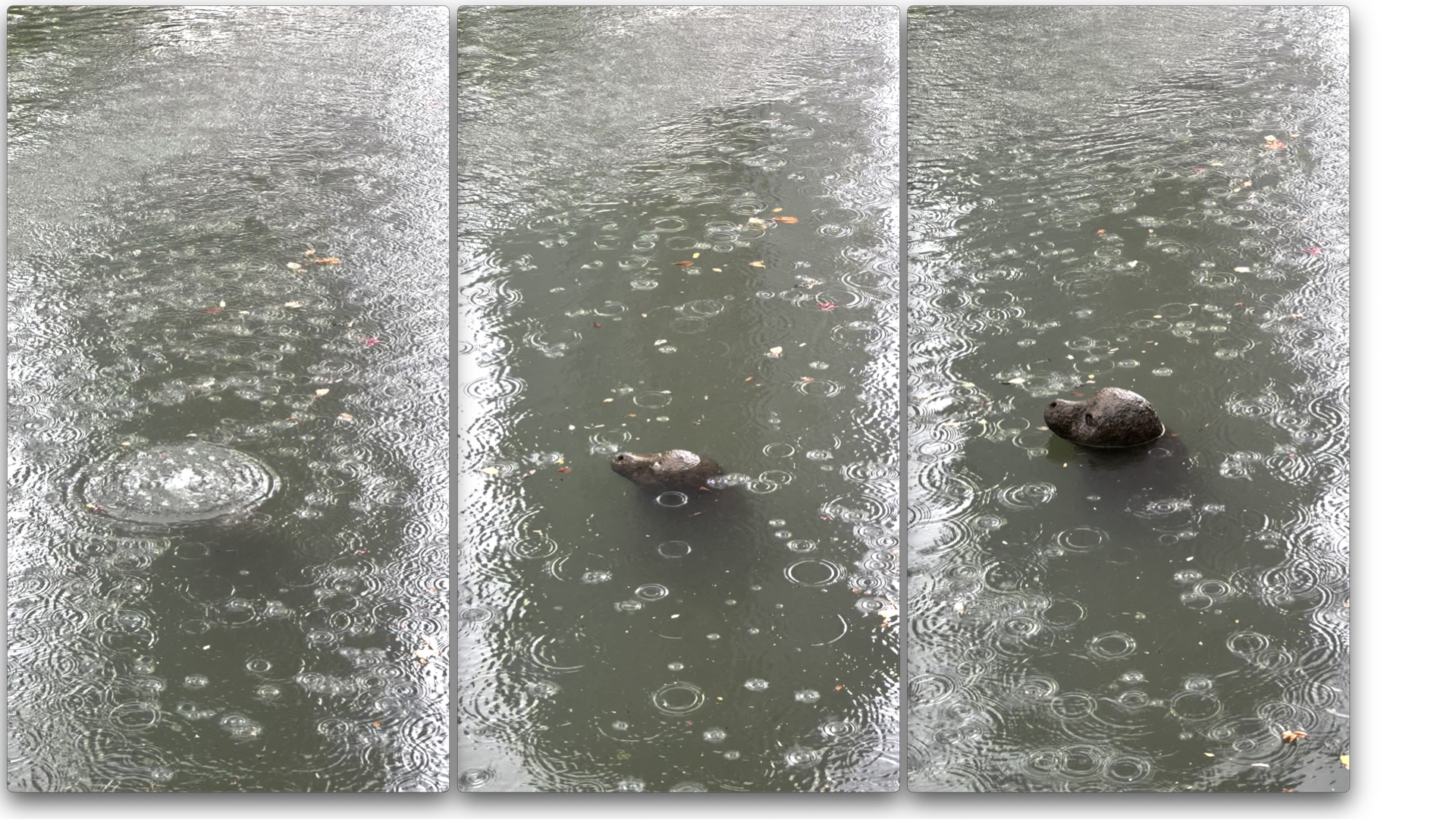Date & time
1 p.m. – 3 p.m.
Registration is closed
Registration is closed
This event is free.
J.W. McConnell Building
1400 De Maisonneuve Blvd. W.
4TH SPACE
Yes - See details
 3 Zeehonden by Herman Lamers (not actually Skye)
3 Zeehonden by Herman Lamers (not actually Skye)
4thSpace is thrilled to welcome Skye Maule O'Brien (she/her), Principal Lecturer in the Theory Program at the Willem de Kooning Academy (WdKA) and leads interdisciplinary pedagogical projects and supports shifts in curriculum, research, and administration across departments.
We are hosting her in 4thSpace for a one-week residency as Skye is working with the Faculty of Fine Arts to develop a series of collaborative projects.
Maybe you have an idea for a project or some questions about WdKA? If so, you should sign up for Skye's Office Hours!
For two hours on Thursday, August 28th Skye will be here at 4thSpace and curious to meet any Concordia students, faculty or staff for a brief chat.
How can you participate? If you'd like to chat with Skye, (either in person or by Zoom) please send us an email to info.4@concordia.ca and we will help arrange a time!

Skye Maule-O’Brien
Skye Maule-O’Brien is an educator and researcher. Caring deeply about how we create knowledge together and how we can use collaborative learning strategies to promote social and environmental change, her research looks at how to employ intimacy and vulnerability as transformative pedagogical tools.
Her PhD in Education from York University (Toronto) focused on the development of a theory and method called intimate pedagogy, and included an academic exchange with the University of the West Indies, Institute for Gender and Development Studies (Barbados). She holds a BFA in Art History, with a minor in Adult Education, and a Master’s in Educational Studies from Concordia University (Montreal).
At WdKA she leads interdisciplinary pedagogical projects and supports shifts in curriculum, research, and administration across the interlinked Practices and Honours programmes.
Skye is working on a project called, Breath & Breeze: Tongueless whispers of the wind, as a Postdoctoral Research Fellow in Social Practices at the WdKA Research Centre (2023-2025). The collaborative research with Dutch artist, Mirjam Linschooten, looks at the wind, wind technology, and the Dutch colonial footprint in Barbados and other Caribbean islands that are still considered part of the Netherlands. The purpose is to explore reparative justice and how past colonial structures and the systems of power that built them continue to haunt the present, such as through wind farms framed as clean energy initiatives. Using visual autoethnography / autotheory methods, on-site field research, semi-structured interviews, and interactive teaching moments, they are investigating what it means to trace the politicization of wind figuratively, creatively, and deliberately.
Research areas: critical and transformative pedagogy, gender and race studies, theories of the erotic, Caribbean and Black feminisms, eco-feminism, ghostly matters/hauntology, decolonial learning and practices, visual methods, research creation/artistic research.
© Concordia University